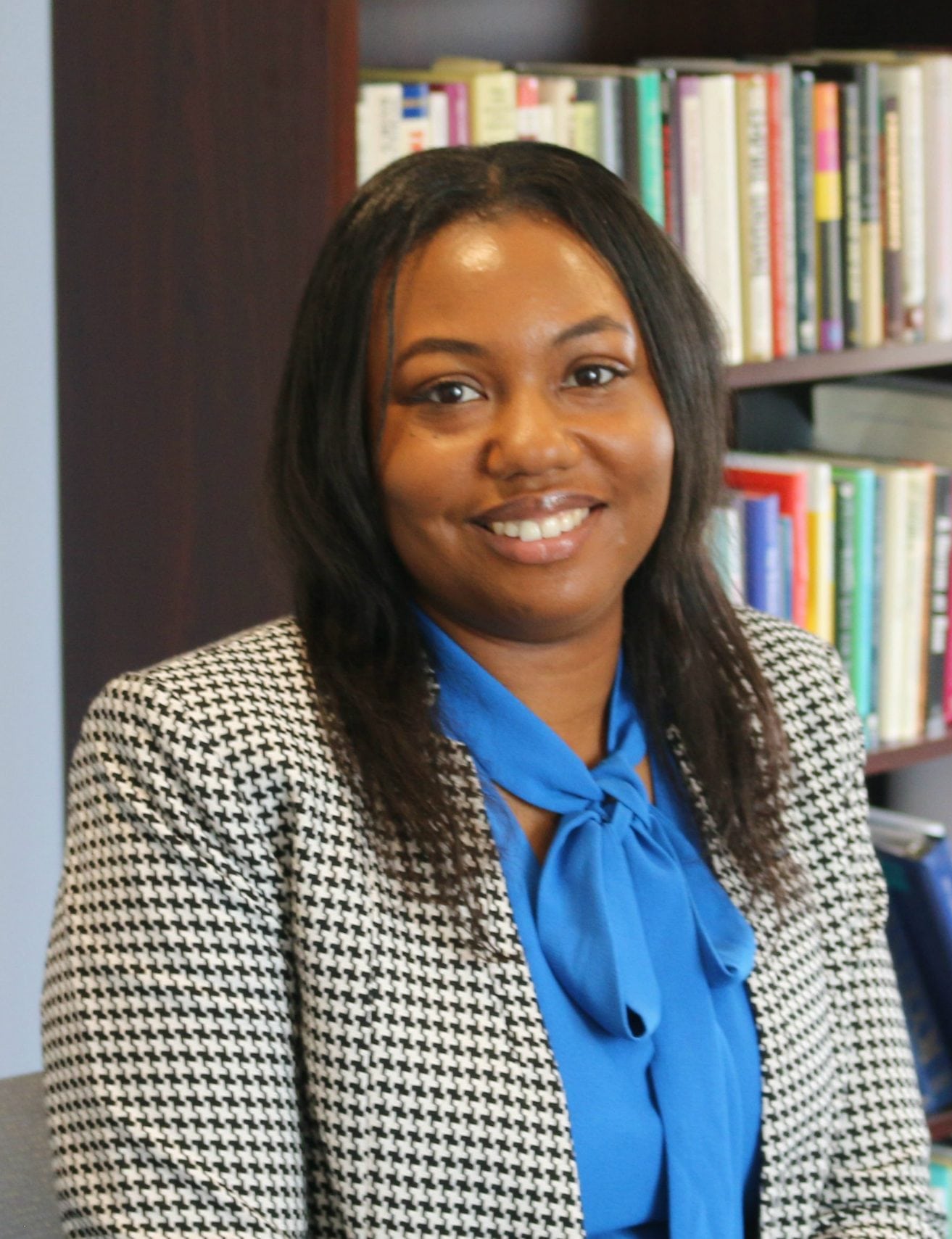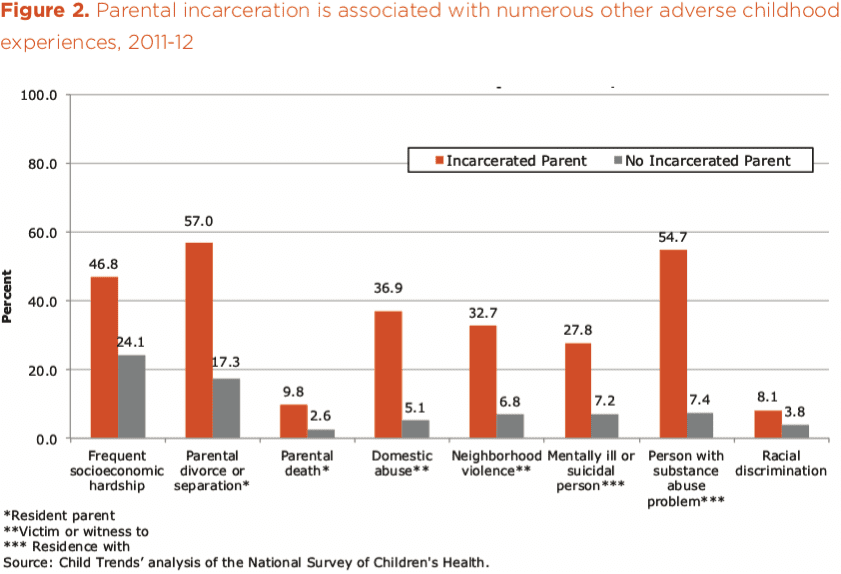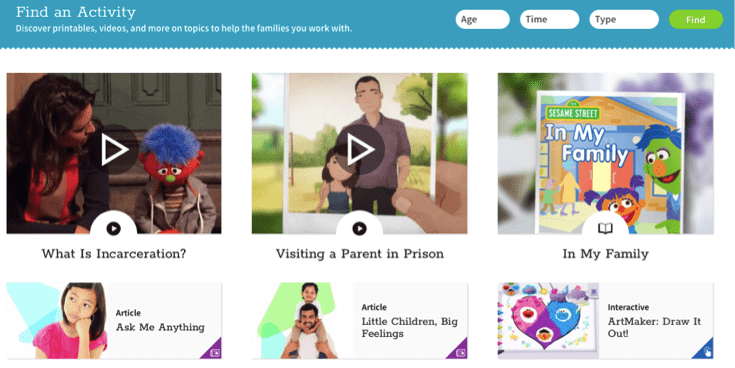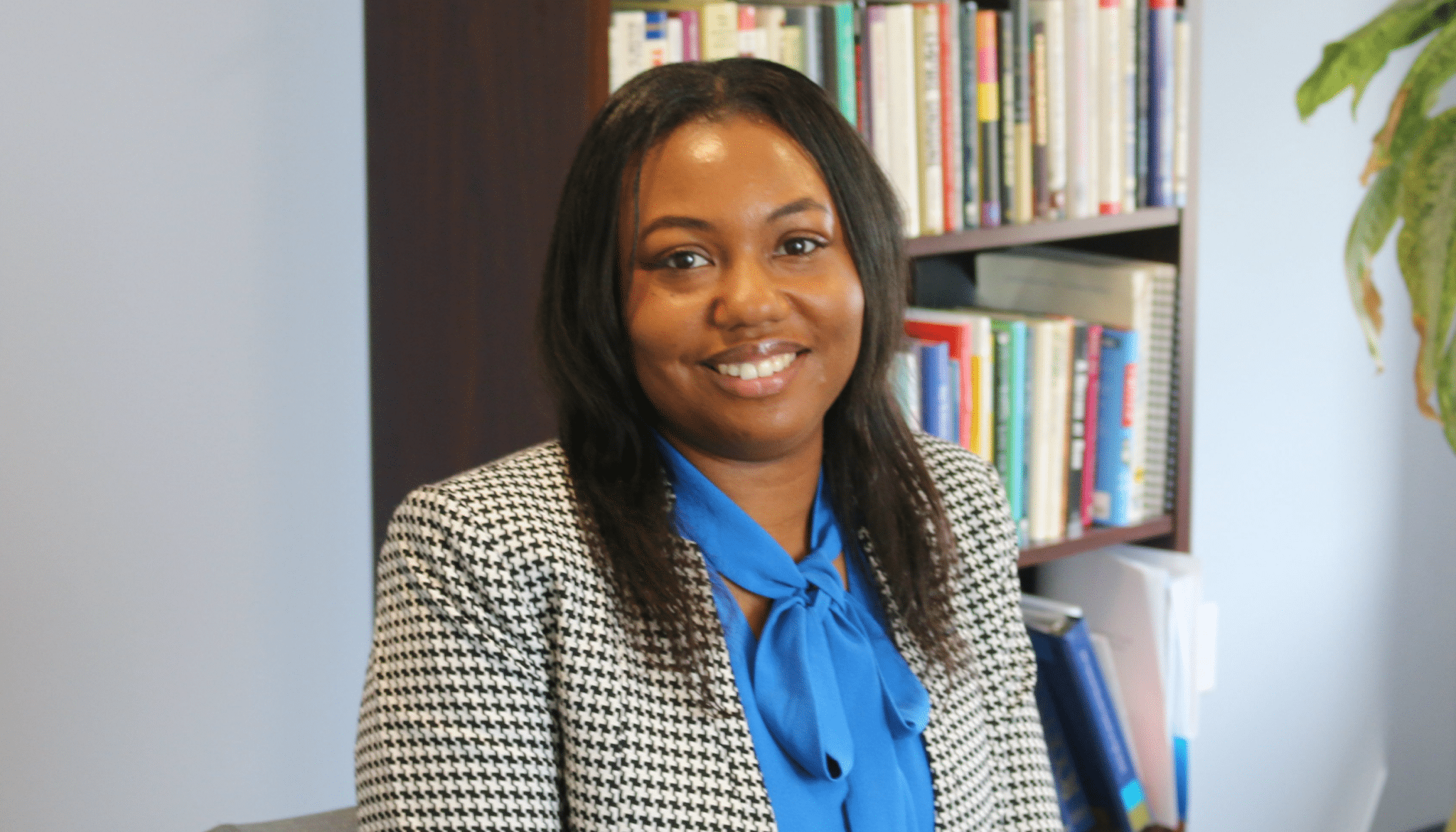
Samaura Stone,
Senior Director
I don’t remember when I formally learned about our criminal justice system. However, as a youth I remember the collect calls, letters, and visits. I can recall placing my items in a locker, going through security, and the chilling sound of the doors slamming behind me. Each time I entered a correctional facility to visit a family member, I felt momentarily trapped and I always left with a surge of emotions. I later realized that myself and millions of families across America were experiencing the same thing. In many ways, we were also the victims of our national “tough on crime” policies.
As the momentum for criminal justice reform prevails, youth and families are still a missing part of the conversation. A Shared Sentence policy report by the Annie E. Casey Foundation, speaks to this in a powerful way by stating that “policy debates about incarceration rarely focus on the burden borne by children and families. Theirs are stories of things lost: connections, jobs, income, homes — and hope. And communities, in turn, suffer from losing so many parents, whose absence leaves the economic and social fabric of their neighborhoods in tatters.”
Over 5 million children in the United States have a parent who is currently or formerly incarcerated and data from the Adoption and Foster Care Analysis and Reporting System (AFCARS) reveals that approximately 8% of youth enter foster care because of a parent incarcerated, and up to 20% of youth in care have a parent incarcerated. Youth with incarcerated parents experience a significant amount of trauma and loss. Below is a chart from Child Trend’s Parents Behind Bars report which details the ways in which youth are impacted by parental incarceration and highlights their Adverse Childhood Experiences (ACEs):

The disparities also play out in our education system. Students with incarcerated parents may experience depression, stress, disconnect from school, and take on more responsibilities at home due to their parents’ absence. Additionally, there is no official data on the number of young people that have siblings or other close family members incarcerated, as these bonds can be equally as important and have a similar impact on youth. A 2016 Atlantic article, When a Sibling Goes to Prison, acknowledges the gaps in research associated with sibling groups and reiterates the significance of those relationships. Recently researchers have begun to make the connections between mass incarceration, race, and education attainment. The report Mass Incarceration and Children Outcomes by the Economic Policy Institute makes the case that criminal justice policy must be viewed as education policy since mass incarceration is a contributing factor to the racial achievement gap. One in nine black children has had a parent in jail or prison, about twice as high as that for white children. For black youth ages 12 through 17, it’s nearly one in seven.
While an increase in resources, support, and visibility for youth of incarcerated parents and/or families is slow in coming, there are several tools created to help raise awareness on how incarceration impacts youth. The most notable and surprising, perhaps even heartbreaking, was when Sesame Street introduced a new character with an incarcerated parent, created an online toolkit, and launched a program called “Little Children, Big Challenges” to offer support to children and caregivers, as well as highlight how massive the problem is.

Sesame Street in Communities Website: https://sesamestreetincommunities.org/topics/incarceration/
Far too many children and youth will experience the superpowers of our criminal justice system to magically diminish our “larger than life” heroes into powerless images behind a glass wall—removed from our lives (even if temporarily). Millions of youth across America will be forced to grapple with the unfair task of reconciling the person they love and admire with the “inmate” they see before them. We must support and arm our youth with the necessary tools to face this challenge and continue to thrive, despite the trauma and cruelty of an unapologetically, unjust system with countless innocent victims.


